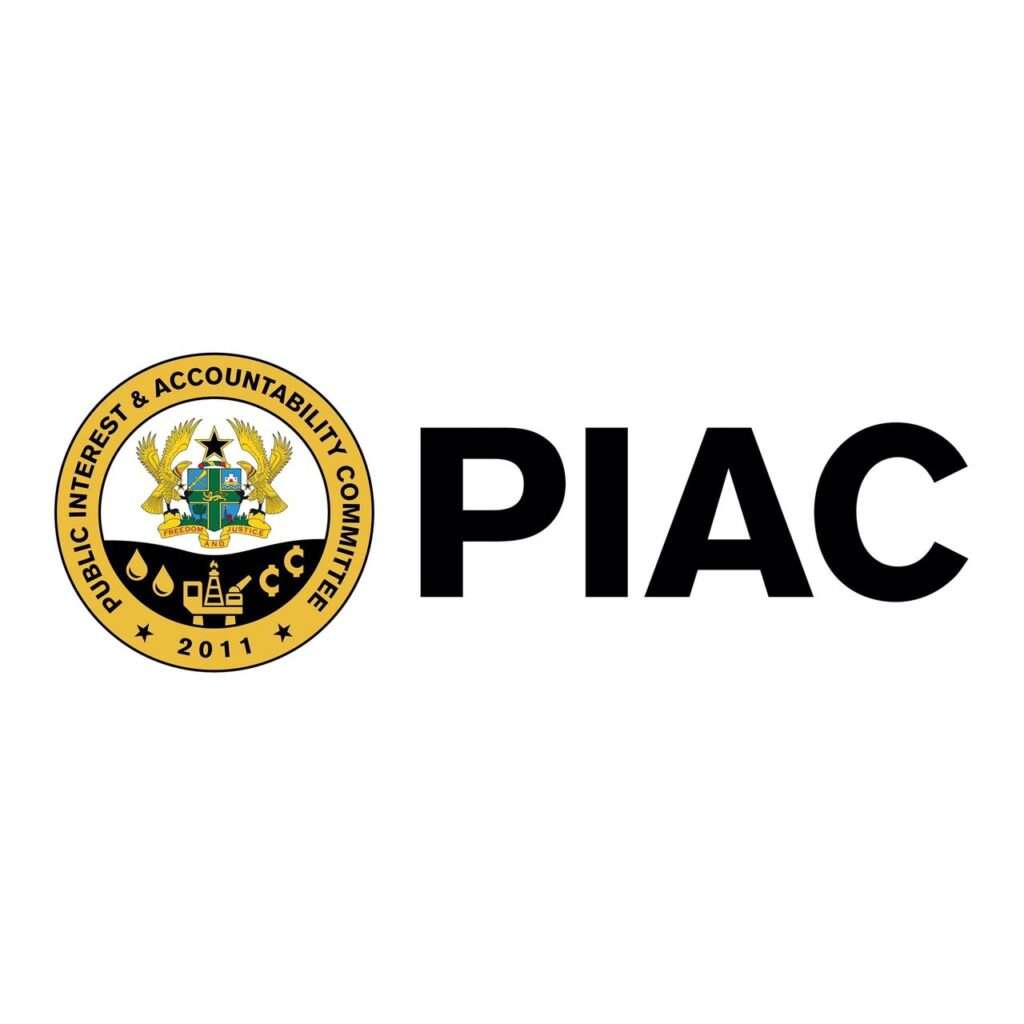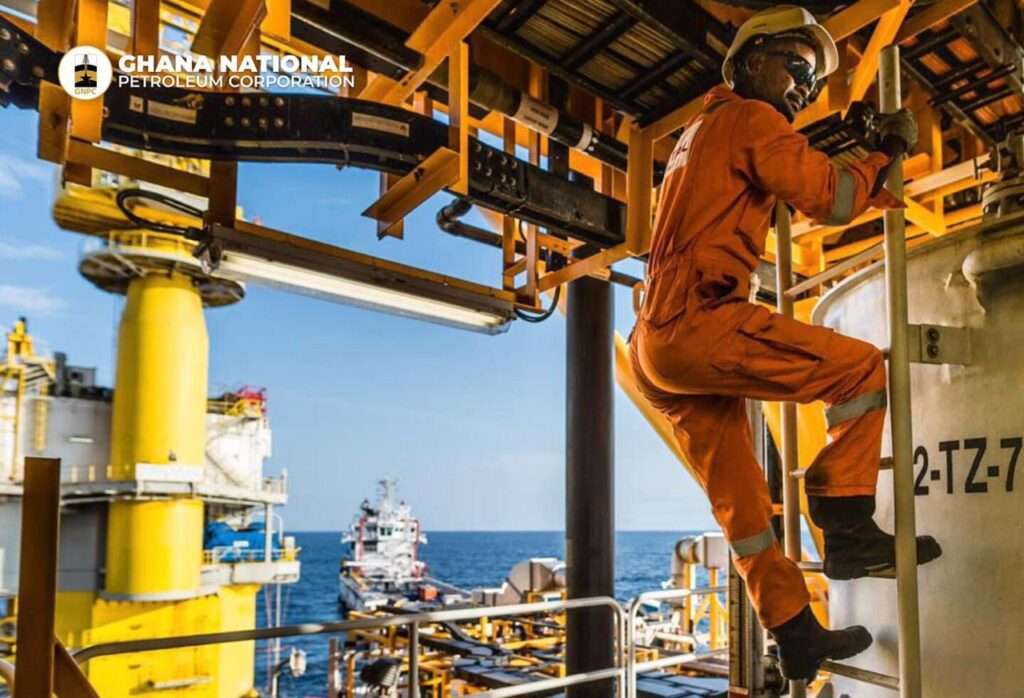Ghana recorded a 27.8% surge in petroleum revenues in 2024, reaching $1.35 billion, up from $1.06 billion in 2023, according to the 2024 Annual Report by the Public Interest and Accountability Committee (PIAC).
The figure marks the second-highest annual petroleum revenue since commercial oil production began in 2011, trailing only the $1.42 billion recorded in 2022.
The increase in earnings is a significant development in light of ongoing declines in crude oil production.
According to PIAC, the revenue boost was driven primarily by stronger international crude oil prices, which helped reduce output from Ghana’s oil fields.
“Crude oil production declined for the fifth consecutive year in 2024.
“Production has dropped from a high of 71.44 million barrels in 2019 to 48.25 million barrels in 2024, representing a year-on-year decline of 0.01 percent and a five-year average decline of 7.4 percent.”
PIAC 2024 Annual Report
Despite the optimistic revenue figures, PIAC’s report underscored a troubling trend: Ghana’s oil production is in steady decline.
The year 2024 marked the lowest annual output since production began at scale, raising concerns about the long-term sustainability of petroleum revenue flows.

This continued drop, according to PIAC, could undermine Ghana’s fiscal position if not urgently addressed. “While improved pricing offered some relief in 2024, declining production is a red flag that cannot be ignored,” the report warned.
The 14th edition of the Annual PIAC Report provides a comprehensive overview of petroleum revenue management for the January–December 2024 period.
It covers production data, liftings by the Ghana National Petroleum Corporation (GNPC), revenues accrued, budget allocations through the Annual Budget Funding Amount (ABFA), and the performance of the Ghana Petroleum Funds—comprising the Ghana Stabilisation Fund and the Ghana Heritage Fund.
PIAC’s mandate, under the Petroleum Revenue Management Act (PRMA), is to independently monitor and evaluate the collection, allocation, and use of petroleum revenues in Ghana.
The report also reviewed the performance of institutions responsible for managing petroleum resources and makes policy recommendations to improve transparency and accountability.
Ghana’s Petroleum Revenues in Budget

Petroleum revenue remains a key component of Ghana’s fiscal framework, contributing to infrastructure development, debt service, and social sector spending through the ABFA.
However, PIAC has consistently raised concerns about the fragmented and inefficient use of ABFA allocations, urging the government to enhance focus on priority areas and long-term economic diversification.
“The prudent management of petroleum funds and ABFA allocations is critical to ensuring that today’s revenues contribute to sustainable development and intergenerational equity.”
PIAC 2024 Annual Report
While the 2024 revenue figures offer temporary fiscal relief, the PIAC report stressed the importance of structural reforms and strategic planning to safeguard the future of Ghana’s oil sector.
The interplay between declining production and rising revenues highlights a paradox within Ghana’s petroleum sector.
On one hand, improved global pricing conditions have driven revenue growth, but on the other, the long-term sustainability of these revenues is threatened by the persistent drop in production volumes.
Ghana’s petroleum sector is at a critical crossroads. With revenue figures climbing to new heights despite a steady decline in production, the need for concerted action in stimulating upstream investments has never been more urgent.
The PIAC Annual Report serves as a pivotal reminder that short-term gains must be balanced with strategic efforts to secure production sustainability.
As policymakers deliberate on the next steps, it is imperative that immediate measures are taken to reverse production declines, thereby ensuring that the nation can fully harness the vast economic potential of its petroleum resources for the benefit of all Ghanaians.
READ ALSO: Standard Chartered Launches 5th Edition of Women in Tech Accelerator Programme




















